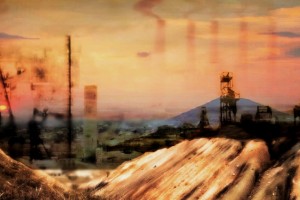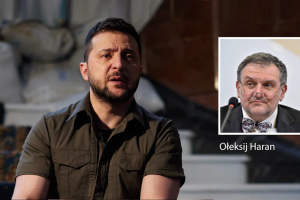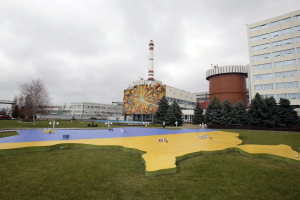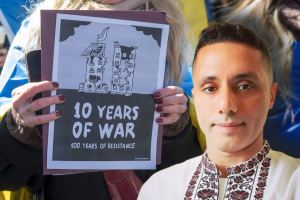From Underdogs to Masters of Modern Warfare: The Transformation of Ukrainian Nationalist Movements
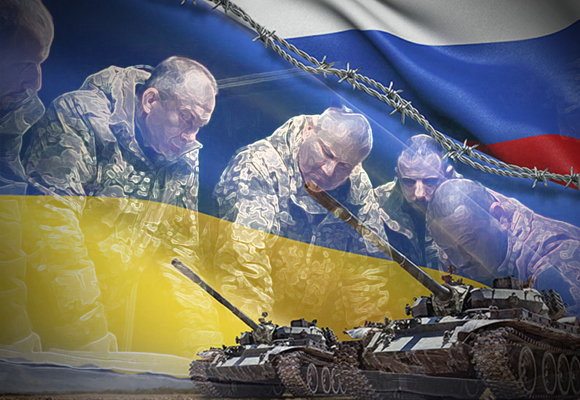
Source: Arab Center for Research and Policy Studies
Introduction
The transformation of social movements into combat forces is not a unique historical phenomenon. This process can be illustrated by the mobilization of communists during the Spanish Civil War, involving volunteer combatants, significant fundraising, and international support. Similarly, the transformation of political radical groups into regular forces is evident in the formation of the Republican Guard post the French Revolution. Even in Ukraine, a similar transformation occurred with the development of Ukrainian military units from social groups in 2014, aligning with this phenomenon.
However, the transition in 2022-2023 of the Ukrainian nationalist movement into military units is distinctively characterized by its integration into a stable and legitimate state that possesses an established military infrastructure. Moreover, Ukraine did not experience the typical revolutionary conditions that often facilitate such transformations. Instead, these units have become fully integrated and stable components of the official armed forces. Interestingly, they have become a symbol of the professionalism of the Ukrainian army, participating in crucial campaigns, including the critically important defence of Mariupol early in the war. While it's inaccurate to claim these units are the best without exception, they undoubtedly represent a significant marker of trust from both society and within military reputation circles.







